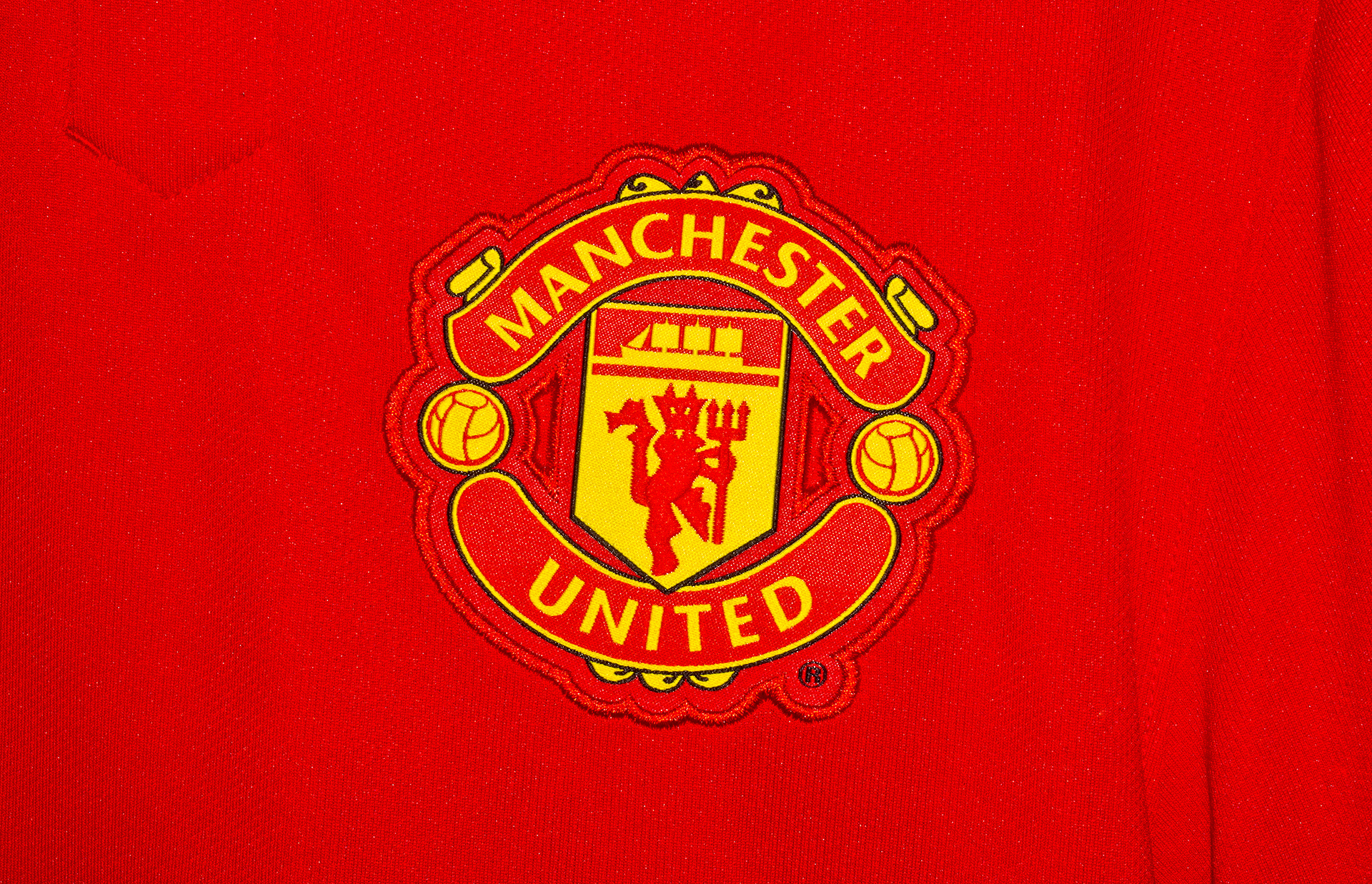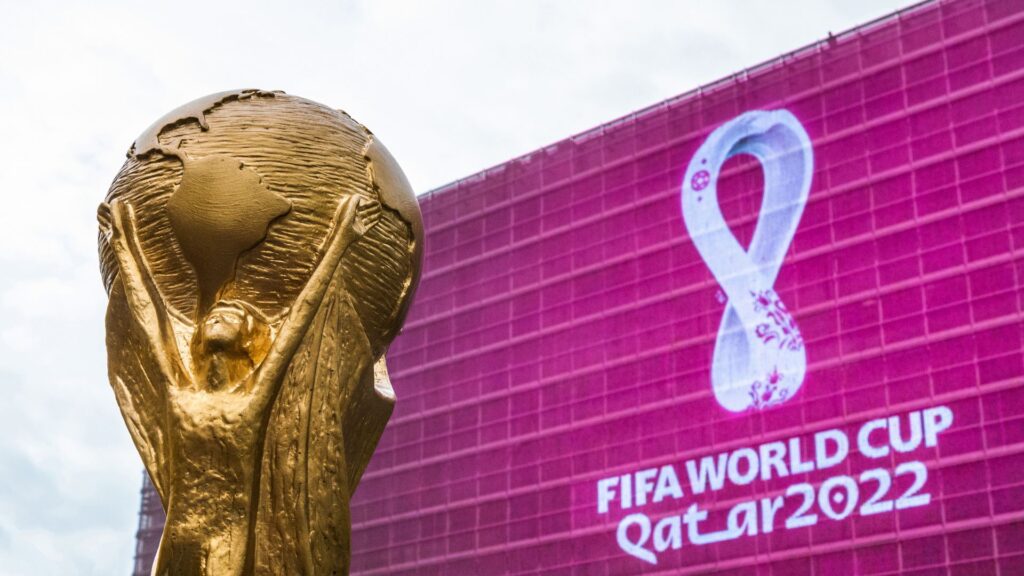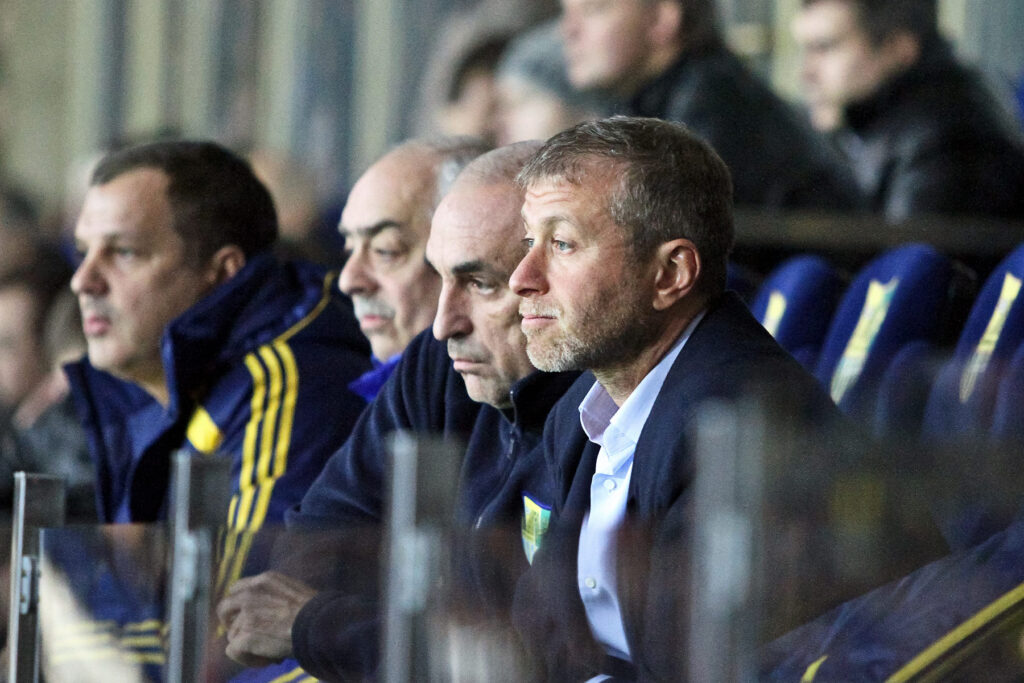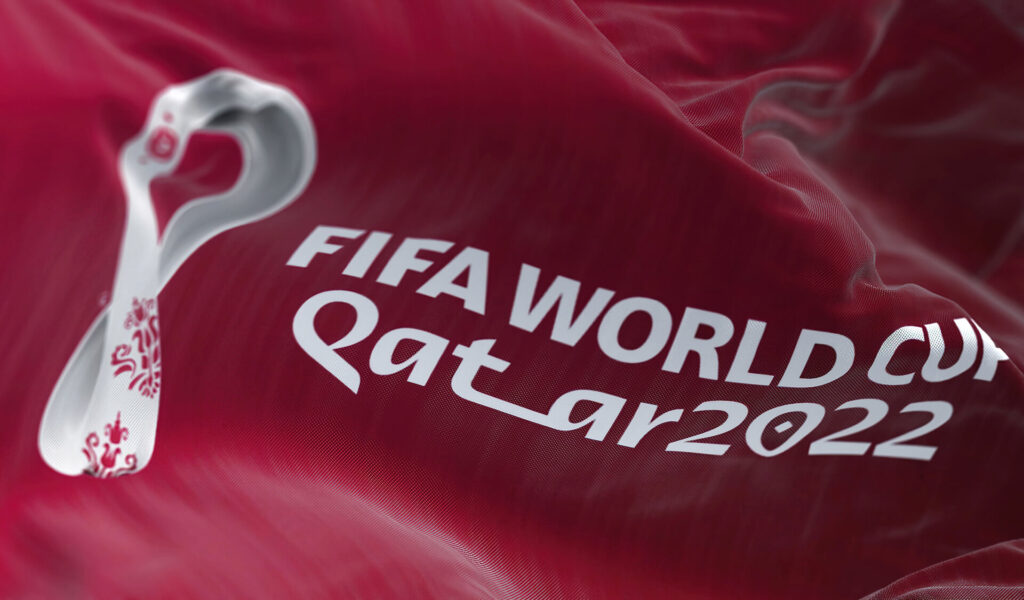Manchester United fans are already warming-up for the big confrontation. This contest won’t be played on grass: the fans are already preparing to fight the takeover of their beloved football club by Qataris. It won’t be the first time the club’s supporters have opposed attempts—successful and unsuccessful—to buy the club. In 1999, they resisted an attempted and ultimately abortive takeover by Sky broadcasting, then under the control of Rupert Murdoch and known as BSkyB: the Premier League discerned a conflict of interests and quashed the deal, anyway.
Fans were even more enraged in 2005 when the American Glazer family bought the club. Some even started a rival club and transferred their support. They’ve never been satisfied the Glazers are suitable custodians of a club fans believe is rightfully theirs. Now, they’re concerned the Glazers will sup with the devil and sell to the emir of Qatar, Sheikh Tamim bin Hamad al-Thani, who already owns the club Paris Saint-Germain via a company called Qatar Sports Investments.
Mighty Presence
The objections are now familiar to anyone vaguely familiar with sports. Gulf States, enriched by their reserves of oil and gas, have, over the past decade established a Middle Eastern control over many sports. The sovereign wealth fund of Saudi Arabia underwrites the LIV golf tour. Bahrain hosts a Formula1 grand prix. The International Cricket Council has moved its headquarters to Dubai, the most populous city in the United Arab Emirates (UAE). And, as if anyone hadn’t noticed, Qatar has recently staged football’s most prestigious event, the FIFA World Cup—and done so successfully. Saudi Arabia will host football’s Club World Cup later this year.
In England’s Premier League, both of Manchester United’s local rivals—Manchester City and Newcastle United—have been bought. The former is owned by City Football Group whose majority shares are owned by Mansour bin Zayed bin Sultan Al Nahyan, the deputy prime minister of the United Arab Emirates and a member of the ruling family of Abu Dhabi. Newcastle United was recently purchased by the Public Investment Fund of Saudi Arabia. The Newcastle buy-out was challenged by many fans, though the opposition appears to have softened now that the club’s on-field fortunes are improving.
The objection to the encroachment of Middle East interests on sports that have traditionally been dominated by the West is not based on xenophobia. Well, not totally. Territories in that part of the world are not so vigilant in observing what many other parts of the world regard as fundamental human rights, particularly when it comes to LGBTQ+ groups. Homosexuality is outlawed and, in some parts, an imprisonable offense. There are places where it is punishable by death. Women’s status differs from country-to-country, but nowhere is there equality of access or opportunity comparable with the West’s.
Where’s The Harm?
Now, a cynic might ask: since when did football fans become so self-righteous? Or did they always secretly harbor a strong sense of right-and-wrong, and were just not enraged enough to express their sense of morality? Until those Gulf States, with their “medieval” cultures started muscling in on that pure, unsullied and wholesome pursuit once the preserve of English gentlemen and, more recently, the proud property of the masses. Sports is too virtuous, too honorable, too undefiled by the sins of the world to be corrupted by those primitive Arab states where being able to quote the Quran counts as enlightenment.
But wait: let me offer a counterweight. Think about the meaning of sports: a pernicious biosphere where human effort is squandered in the futile pursuit of artificial objectives that have no benefit, material or otherwise, in the real world. Sports competitions are as trivial as they are purposeless. Sports’ only point is to satisfy individuals’ self-serving desire to surpass others. The more successful sportsmen and sportswomen are egotistical plutocrats whose money derives from the financial reserves of media behemoths. OK, sports events might once have been innocent tests of physical proficiency in a number of set challenges, but now they have morphed into an industry analogous to, if not contiguous with, showbusiness.
Fine, you might reply: So, where’s the harm? Again, I have an answer. Obviously, the physical injuries are commonplace and an expected byproduct of intense training and competition. And the long-term damage to the health of athletes and fans alike is an unfortunate, if inevitable, consequence of rivalries that might once have been friendly but are now warlike. Concussion and other forms of brain injury, sometimes permanent, are now seen as collateral damage in many sports.
Activities that were designed to test the limits of human capability have become the means by which to extend those limits. Cyclists, swimmers, and track and field athletes habitually ingest substances in their efforts to enhance their competitive performance and break boundaries. Athletes from practically every other known sport, to some degree, use licit or illicit pharmaceuticals in their efforts to maximize their physical potential. Sport’s injunction to give one’s best appears quaint and unworldly: win-at-any-costs is more congruent with today’s ethos.
Hypocrisy
Sport’s harmful effects extend beyond the physical: at a cultural level, its fierce and destructive onslaught on traditional citadels has been unsparing. Here the less visible, yet arguably more profound consequences of sport have turned every one of us into sports fans of some hue. Racism surfaced in sports in the late 1970s and, while it has diminished in the West, it flourishes in the sports of countries like Hungary, Ukraine and other Eastern European democracies. Women have been pushed out of sports for most of its history and have only in recent years managed to compete in most major sports.
Unbelievable as it sounds, child abuse is an ungovernable wrongdoing in a variety of sports. Making the practice more pernicious is the fact that perpetrators are always the people charged with the responsibility for the welfare of young athletes.
What of the beautiful game itself? For decades, mired in corruption, bribery and miscellaneous other forms of venality, the world’s governing organization FIFA has operated like a private feudal fiefdom dispensing preferential treatment to anyone with sufficient funds and insufficient scruples to grease the right palms.
And remind yourself: this is the same sport, indeed the same institution, that voices objections on grounds of morality whenever Middle Eastern interest in a club or a tournament surfaces. There’s a word that describes the practice of upholding high moral standards but having standards of one’s own that fall some way below: hypocrisy. It is endemic in western sports.
Sports were once thought to serve as a source of moral inspiration and maybe they were. But only a fool would ignore the deeply malevolent effects of their presence today. Over the next week or so, we’ll witness dutiful devotees of football protesting the growing influence of the Gulf States in their sport. They will almost certainly be genuine in their disapproval. But even a moment’s self-reflection will remind them that the sport they hold in such reverence is not only futile, arbitrary and wasteful, but a vile, unprincipled, rapacious, fraudulent and hopelessly corrupted environment in which decency is in short supply. How can Middle-Eastern owners possibly make it worse? Ellis Cashmore’s latest book is “The Destruction and Creation of Michael Jackson.”
The views expressed in this article are the author’s own and do not necessarily reflect Fair Observer’s editorial policy.
Support Fair Observer
We rely on your support for our independence, diversity and quality.
For more than 10 years, Fair Observer has been free, fair and independent. No billionaire owns us, no advertisers control us. We are a reader-supported nonprofit. Unlike many other publications, we keep our content free for readers regardless of where they live or whether they can afford to pay. We have no paywalls and no ads.
In the post-truth era of fake news, echo chambers and filter bubbles, we publish a plurality of perspectives from around the world. Anyone can publish with us, but everyone goes through a rigorous editorial process. So, you get fact-checked, well-reasoned content instead of noise.
We publish 2,500+ voices from 90+ countries. We also conduct education and training programs
on subjects ranging from digital media and journalism to writing and critical thinking. This
doesn’t come cheap. Servers, editors, trainers and web developers cost
money.
Please consider supporting us on a regular basis as a recurring donor or a
sustaining member.
Will you support FO’s journalism?
We rely on your support for our independence, diversity and quality.








Comment